In Russian realities with severe frosty winters, the problem of emergency situations arises because of the freezing of water pipes. In order not to encounter a problem in the winter, they need to be “wrapped up”. We’ll tell you how to insulate the water pipe on the street so that it does not freeze.
Content
What material is best to choose
Before you insulate the water pipe on the street so that it does not freeze in the ground, you must choose the appropriate insulation, which will be reliable protection throughout the cold season.
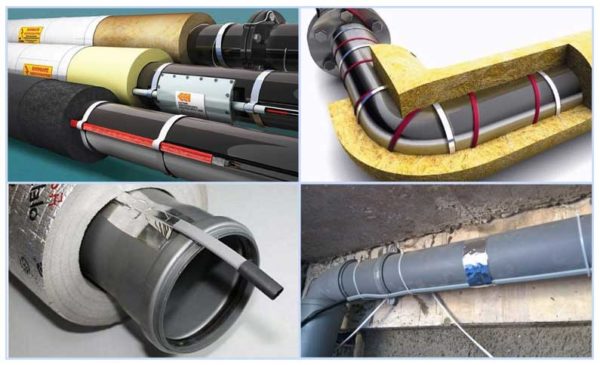
Read more: How to easily insulate the balcony from the inside with your own hands in a brick house
Water pipes at a depth of contact not only with the soil, but also with water, so condensation forms on the surface. For this reason, the pipes themselves must be made of a material that can withstand mechanical stress.
There are several types of pipe insulation that work best:
- Glass wool, basalt or mineral wool. They have a porous and light structure, so with the help of such materials it is quite easy to isolate some pipelines, as well as those sections in which there is a complex configuration. Glass wool is perfect for pipes made of metal plastic, and ruberoid is used along with glass wool.
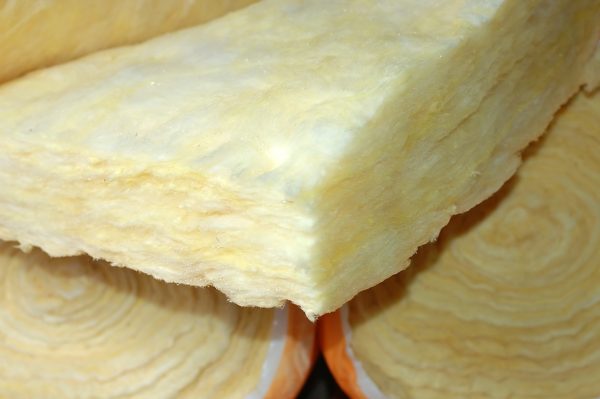
- Styrofoam. The material is produced in the so-called "shell". It is quite popular due to its high efficiency, as well as easy installation. Special shaped blanks can be used several times. However, be careful not to use this material in places where there is a high risk of fire, as expanded polystyrene is a highly flammable material.
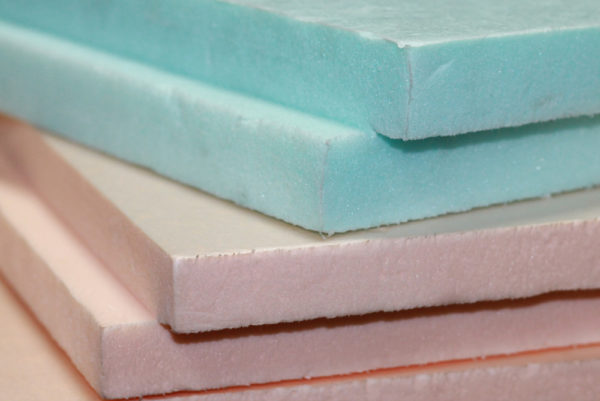
- Liquid heaters. Such material is produced mainly in the form of an aerosol, which is tightly attached to the pipes and creates a special shell around them, which does not allow frost to get there. Liquid heaters envelop the pipe in small uniform layers, which contribute to the full isolation from the winds and the penetration of moisture.
Read more:How to insulate the walls of the house from the inside
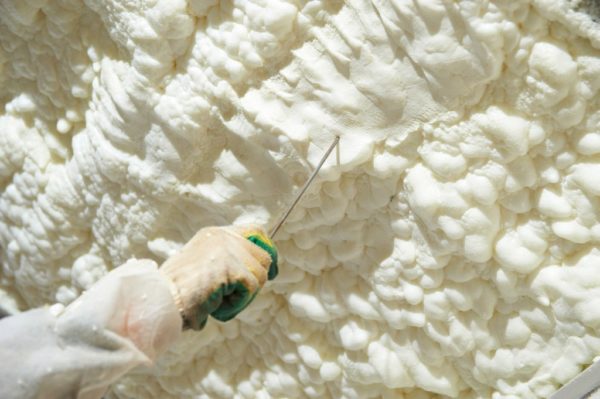
Work underground - how to do it right
Before you insulate the water pipe on the street so that it does not freeze underground, you need to inspect the pipe itself and only after that start work. It is very important that no flaws are found on the pipe itself, since otherwise it will be necessary to first repair the pipe itself.
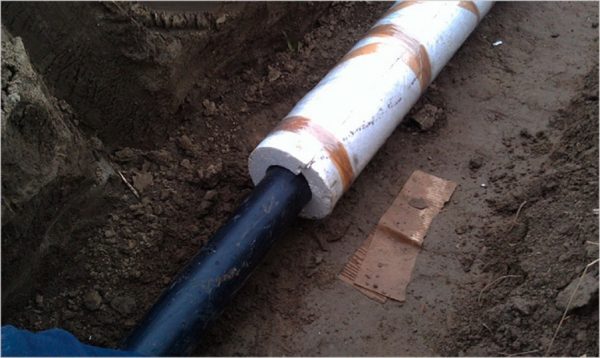
The best way to protect against freezing pipes underground is to lay all communications from a well or well below that level of soil freezing in the region.
If this is still not possible, it is necessary to plan ahead how the pipe insulation will be performed before the onset of cold weather. It is necessary to choose a moisture resistant material, since the pipe will be periodically exposed to groundwater. Therefore, the best option for insulation of pipes underground is foam.
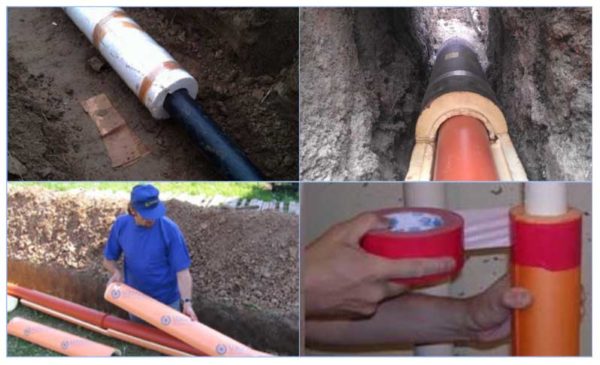
Read more:How to insulate the attic for winter living
Foiled shells are put on the pipe and secured with special rings so that the material fits as tightly as possible to the pipe. It is recommended to lay or insulate pipes underground in spring or summer, it is desirable that the weather be as warm and sunny as possible.
Warming should be done in dry weather, when there was no rainfall in the region for a long time.It should also be remembered that the pipeline has one vulnerable section - it is located on the street or in an unheated basement. In this case, it will be necessary to additionally insulate the water pipe and there, so that along the entire length it is protected by special material.
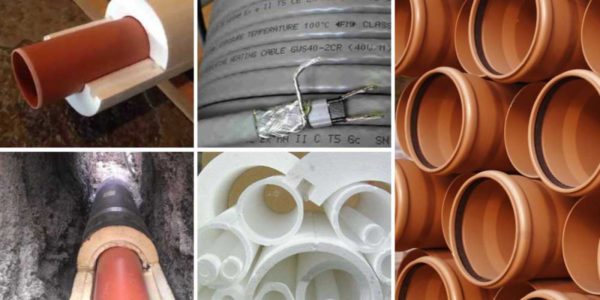
Installation of insulation yourself in the country
Since insulating the water pipe on the street in the country with your own hands, so that it does not freeze, is not as difficult as it seems at first glance. Any summer resident will cope, the main thing is to understand the principle. Remember that in suburban areas and cottages it is necessary to insulate the pipes first of all, because otherwise the water can seriously stagnate. As a result, pipe rupture is inevitable.
If the country house is not heated, then you must first drain all the water from the pipes that go into it from the well or well. It is not necessary to dig a large part of the pipe, it is enough just to remove the earth in the place where the sealant is.
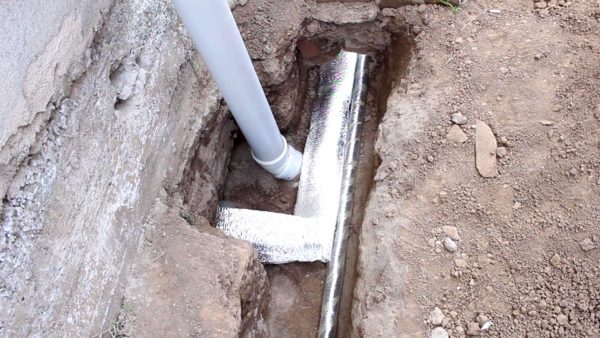 It is required to install glass wool or other material over the sealant to choose, so that it covers almost the entire space above the device. After the insulation, it will be necessary to install a waterproofing so that excess water flows do not penetrate the pipe. It is desirable that the insulation fully covers the caisson as well, then you can definitely be calm regarding pipe insulation.
It is required to install glass wool or other material over the sealant to choose, so that it covers almost the entire space above the device. After the insulation, it will be necessary to install a waterproofing so that excess water flows do not penetrate the pipe. It is desirable that the insulation fully covers the caisson as well, then you can definitely be calm regarding pipe insulation.
Read more:16 most useful items for storing things from AliExpress up to 300 rubles
If the water supply runs above the ground
Before you insulate the water pipe on the street above the ground so that it does not freeze, you will need to measure not only the length of the pipe, but also its diameter. In this case, it will be easier to navigate the number and type of materials.
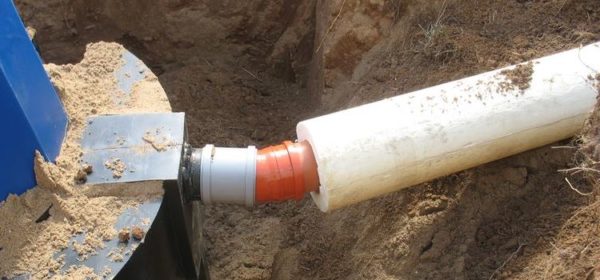
It is necessary to take a few tips of experienced masters into service:
- Do not leave exposed or insulated areas.
- Throughout the entire length of the water supply, the insulation must be securely fixed.
- Where the joints between the insulation and the foil coating are located, it is necessary to use construction tape.
- If there are taps, they must be closed with special heat-insulating material.
Warming of water pipes is a very important thing that must be done in advance, preferably in dry summer weather. The choice of insulation depends directly on the characteristics of the pipe itself, but at the end of the work you can be calm about the safety of the water supply.

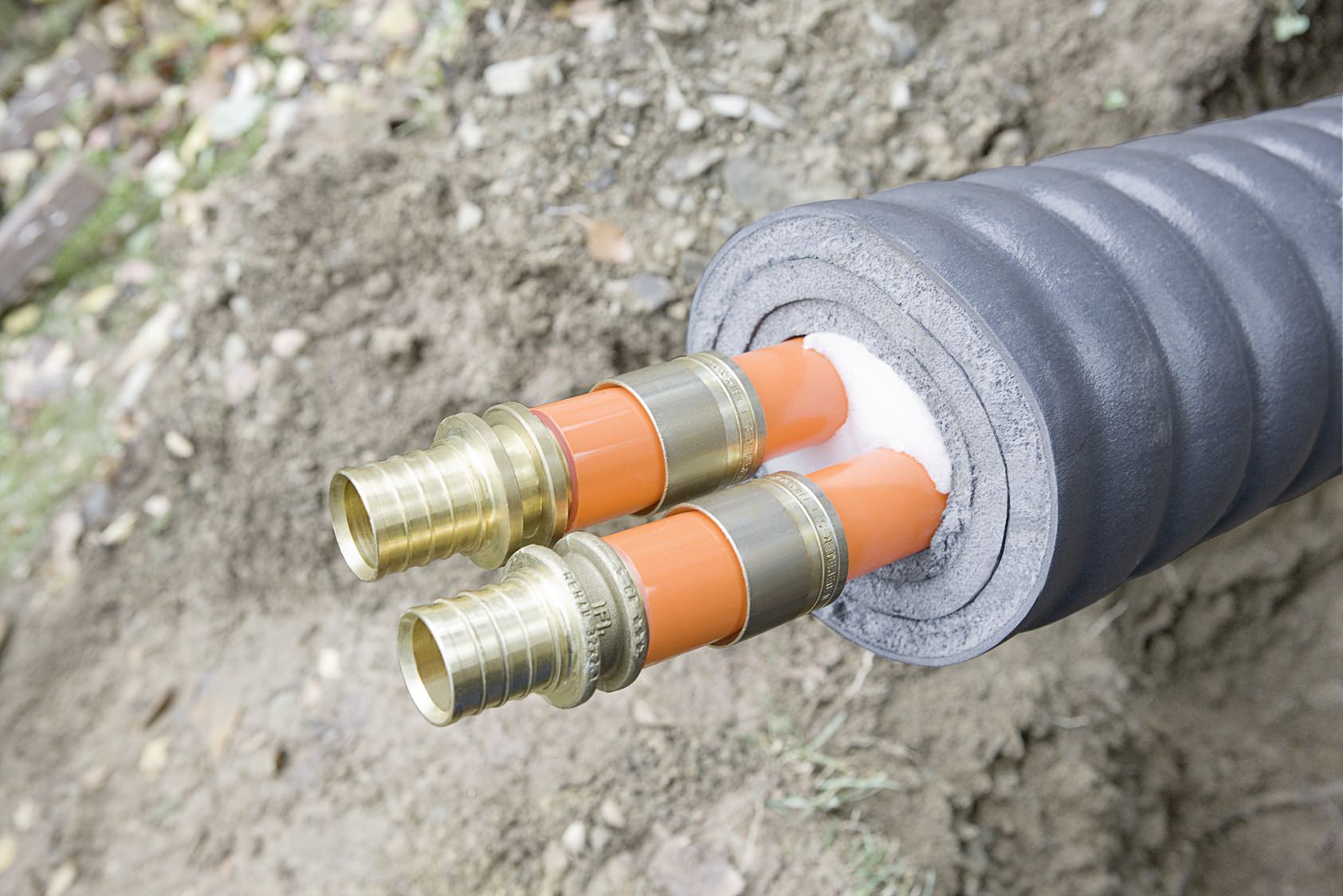



Anton
Aftor sewer and water supply are two different things.
Nikita
Everything is written correctly in the article, but let's not forget yet that there is a nuance - the temperature in the winter in different regions of Russia is different. In Krasnodar or Crimea, water pipes are not insulated as thoroughly as in the Arkhangelsk region. Therefore, it is always necessary to take into account local developments in order to achieve the maximum effect on insulation.